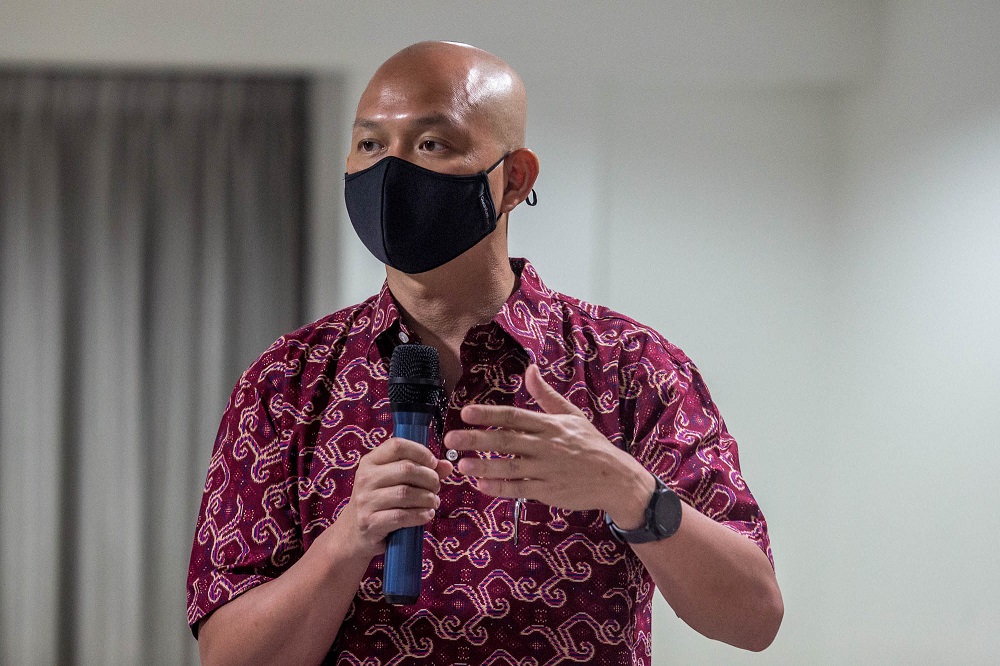KUALA LUMPUR, March 22 — Bangi MP Ong Kian Ming today urged the government to be more comprehensive in its approach to introducing the upcoming minimum monthly wage of RM1,500, so that smaller firms are not unduly burdened by the jump.
In a statement, Ong listed eight suggestions to be included into a “package” of labour policy reforms, after saying that the government’s current announcement lacked important details such as whether this minimum wage would apply across the board in the entire country or only in cities.
“Most companies in the big cities in the west coast and southern Johor and probably in Kuching, Sarawak and Kota Kinabalu, Sabah area are likely paying close to the proposed RM1,500 a month to their workers.
“But for the rural areas in Pahang, Kelantan and Terengganu in Peninsular Malaysia and in Sabah and Sarawak, many of the smaller firms probably cannot cope as well with the sudden increase in the minimum wage from RM1,100 (in non-city) to RM1,500.
“As such, a lower minimum wage of RM1,400 should be considered for the non-town and city areas,” said Ong, a former academician and policy analyst.
He also suggested setting a minimum hourly wage rate to complement the minimum monthly wage rate, so that companies could choose between the two depending on what works best for them and their employees.
He also proposed that the government allow Malaysian companies to hire foreign workers — to the benefit of the industries such as manufacturing and palm oil that are reeling from a lack of workers — but using a transparent and open “levy system”.
“...the government should immediately implement the multi-tiered levy system by industry or sector so that if a company wants to hire more foreign workers, it has to pay a progressive higher levy for an extra percentage of foreign worker staffing.
“This proposal was already on the table during the PH government and can be utilised immediately for the purposes of determining how much this levy will be for each tier of percentage of foreign workers per company.
“Such a policy will also allow the government to earn some much-needed revenue from employers,” he said.
Ong added that the government should only allow companies to hire foreign workers directly, instead of through an agency, so that the responsibility of taking care of the workers is not pushed to the agency.
This was in addition to his suggestion to ensure companies who bring in new foreign workers provide proper accommodation, allowing verified refugees to work, allowing employers to fill up certain jobs with expatriates without going through the MyFutureJobs portal first, and providing wage subsidies for smaller companies.
On Saturday, Prime Minister Datuk Seri Ismail Sabri Yaakob announced the new RM1,500 minimum saying it would start on May 1 — during his winding-up speech at the Umno general assembly.
Ong also noted that the announcement was peculiar, partly because it was not made at an official government event, and was done without the presence of the Minister of Human Resources, who is responsible for the setting of the minimum wage.



















